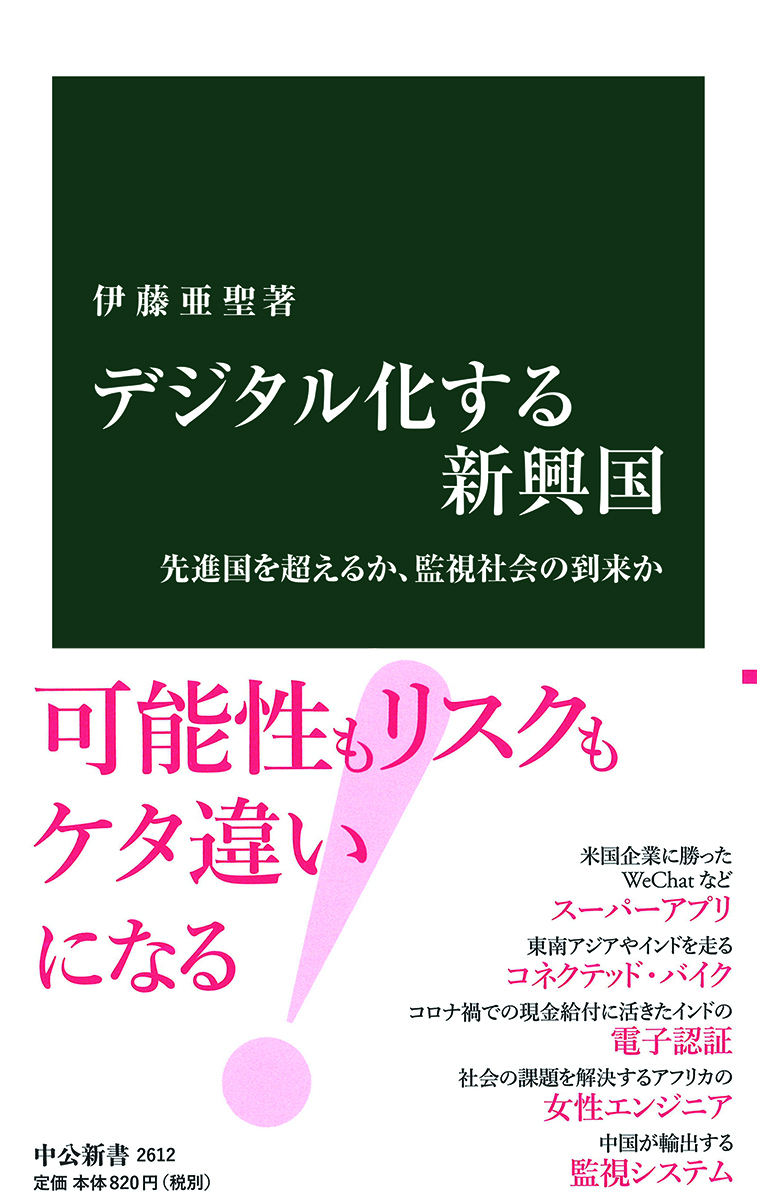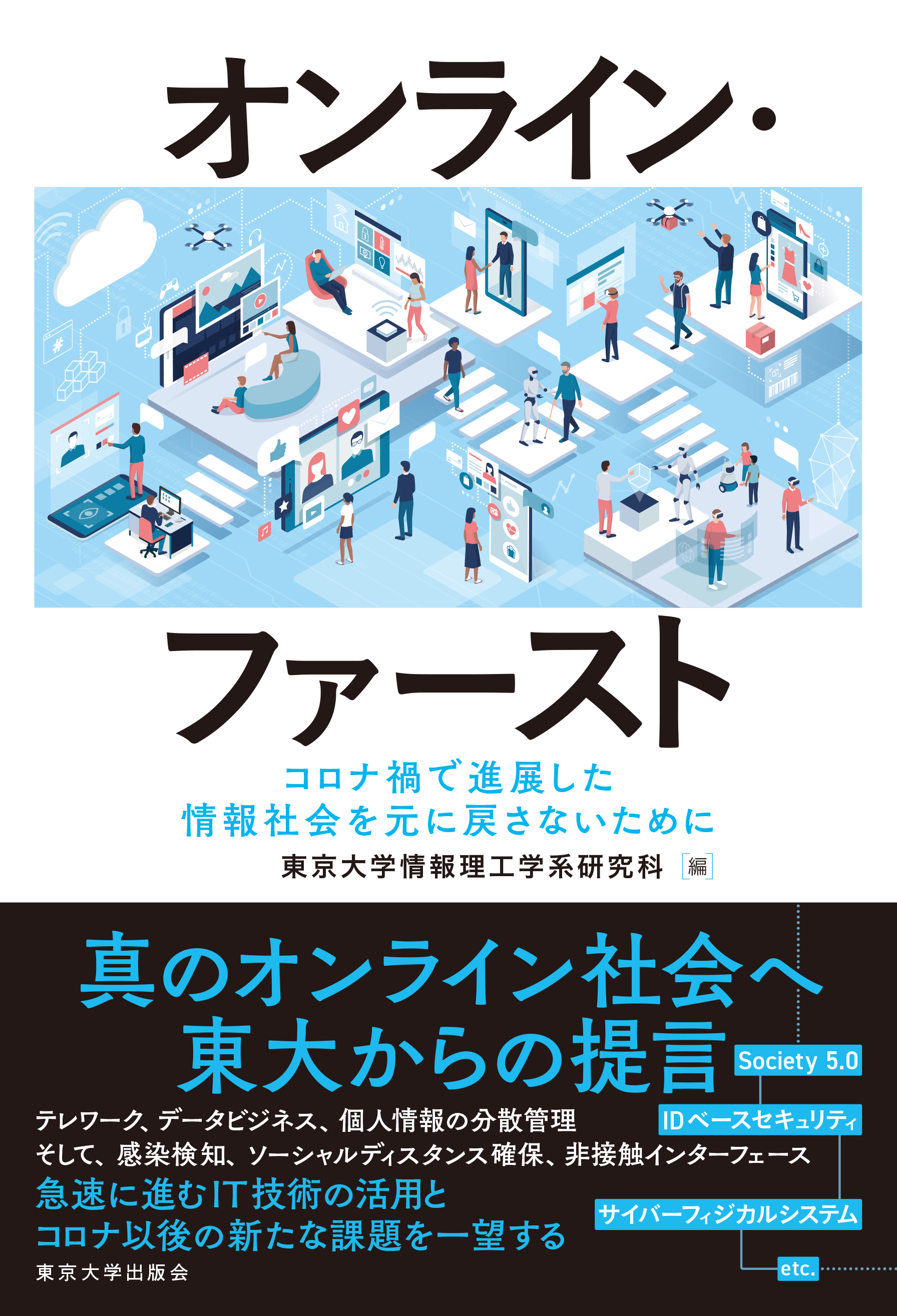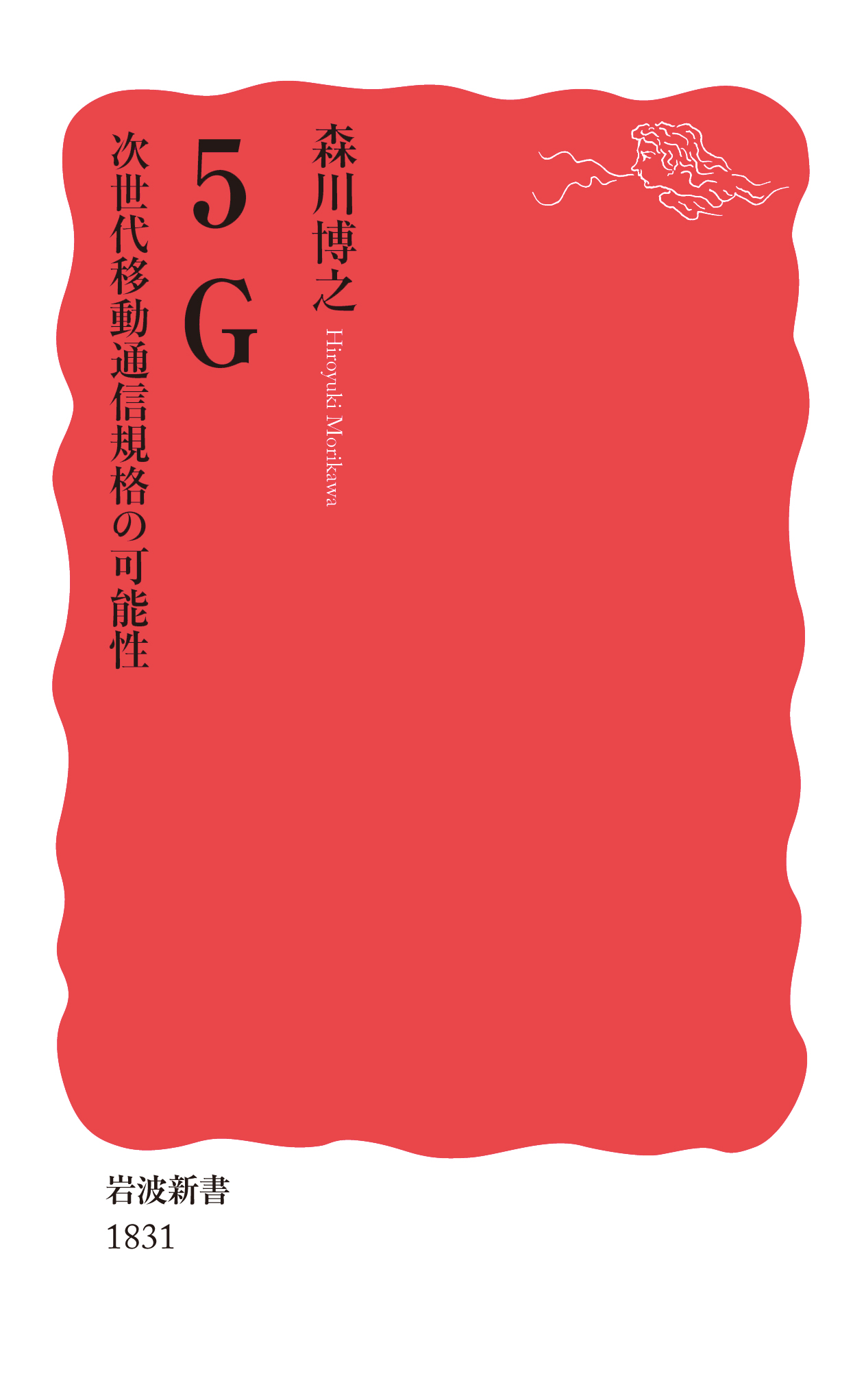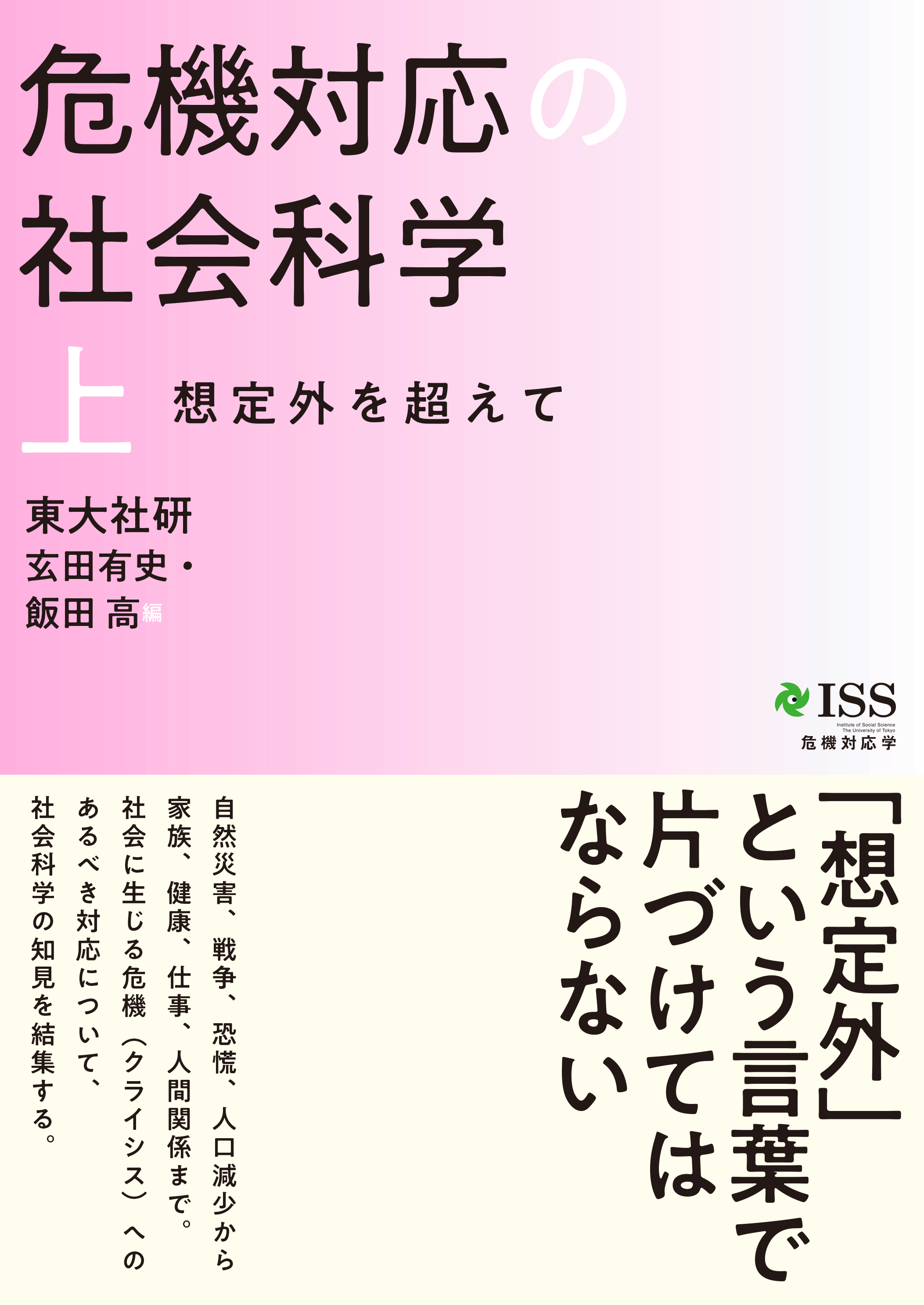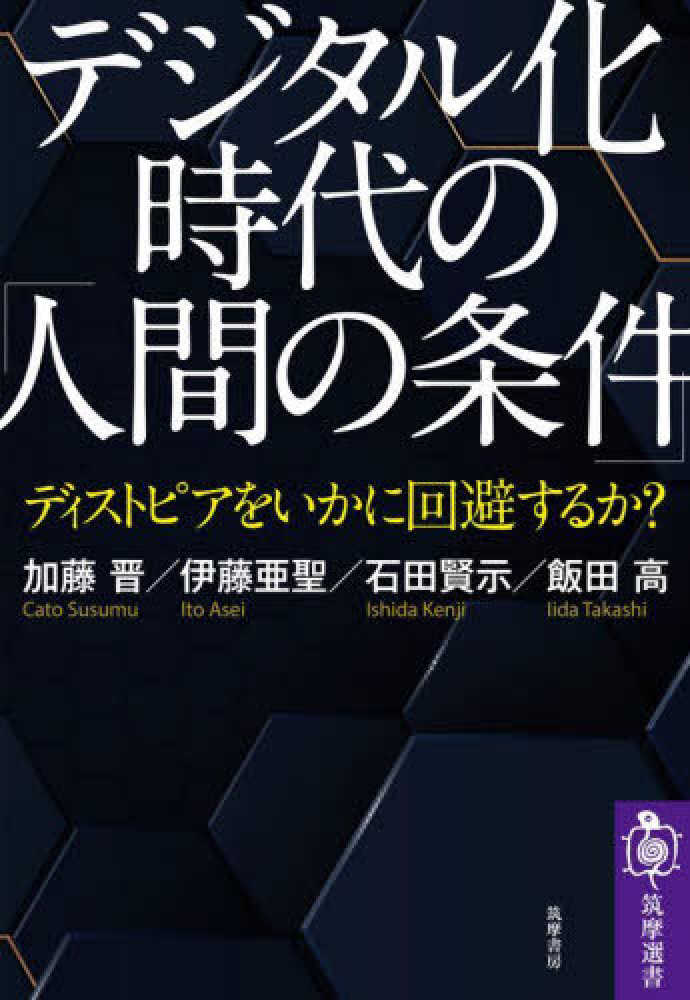
Title
Digital-ka Jidai no “Ningen no Jyoken” (“The Human Condition” in the Age of Digitalization - What Steps to Prevent a Dystopian Future?)
Size
256 pages, 127x188mm
Language
Japanese
Released
November 15, 2021
ISBN
978-4-480-01741-3
Published by
Chikumashobo
Book Info
See Book Availability at Library
Japanese Page
This book presents a joint investigation by four researchers from different disciplines into the impact of digitalization on economics, legislation, inequality, leisure, and ethics. We are now completely accustomed to living in a world surrounded by electronic devices and internet-mediated services in our daily lives. The sequence of changes called “digitalization” has been progressing rapidly over the last twenty years. How has digitalization affected the economy, the law, and social interaction, and what kinds of ethical problems does it entail? These are the questions raised in this book, and we have attempted to answer the following ethical question through our discussions: What prerequisites should be met for digitalization to benefit humans?
On average, digitalization has the effect of freeing humanity from the labor required for survival. Digitalization has had a significant impact on the labor market, and it has become a blessing overall as it frees up humanity's time. However, does digitalization free up everyone's time equally? How would people enjoy their leisure time if digitalization were to give them free time? Would they connect, debate, and interact with others, or would they just kill time?
As we discuss in the book, technological innovation may produce blessings, but it is rarely desirable for such innovation to be built at the expense of one segment of the population. If so, not just incomes but livelihoods and even life itself would become polarized, which may lead to severe structural disparities in outcome and opportunity. Therefore, how will people use the leisure generated by technological innovation? Based on an online survey, this book concludes that leisure in a group of digital user has the potential to be more creative and participatory than an analog group. Digitalization may have facilitated the collection of information useful for people in their creative work and sharing their creations on the internet.
When seen from this perspective, it is not an easy matter to assess the changes that digitalization will bring to the economy and society. This is because we not only need to think empirically about something that has already started to materialize but also think about what a more desirable state of affairs would be. We hope that this book will be able to serve as an attempt to achieve just that.
(Written by ITO Asei, Associate Professor, Institute of Social Science / 2023)



 Find a book
Find a book


